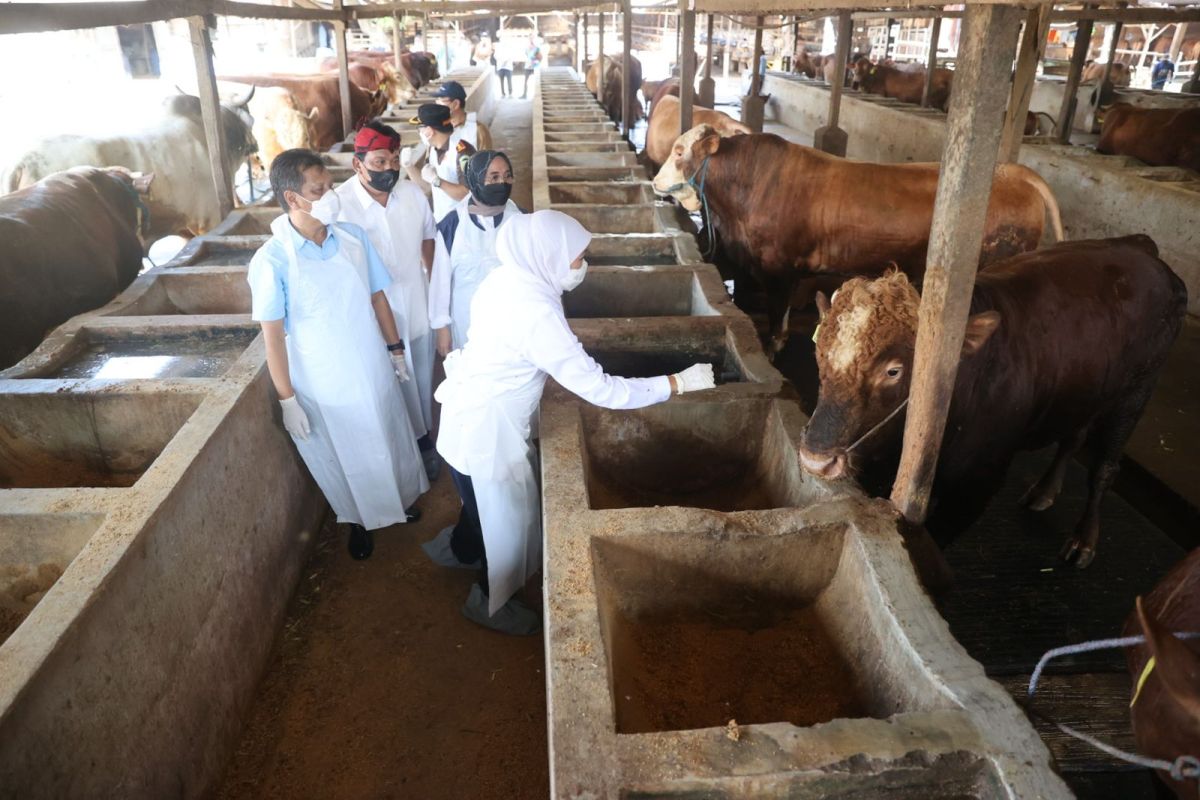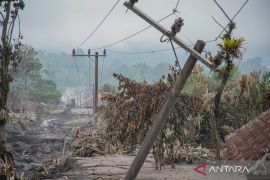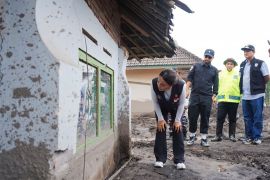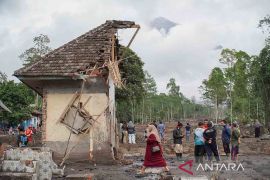Surabaya, East Java (ANTARA) - The East Java Government warranted assistance or compensation for breeders whose animals were sick or had died from foot and mouth disease (FMD).
Acting Governor of East Java Emil Elestianto Dardak said here on Tuesday that allocation from the Unexpected Expenditure Budget to handle the outbreaks -- by getting medications and allocating compensation-- would be conducted, pending the central government's decision through Home Affairs Minister's Instruction Number 32 of 2022.
"The Home Affairs Ministry's instruction that stipulates unexpected expenditure budget becomes the basis for emergency handling of FMD," he remarked.
The ministry will immediately work with the district and city governments to implement the policy and link it with other instructions.
"We expect that soon there will be specific instructions that allow the unexpected expenditure budget to be utilized for disaster mitigation, with procedures according to the concept of an emergency," he stated.
It was reported that the instruction had been created by the Financial and Development Supervisory Agency, with FMD cases as a priority in mind as well as immediate allocation of the expenditure in accordance with Governor Khofifah Indar Parawansa's policy as a means to supply more medications.
"Home Affairs Ministry's instruction is a comprehensive basis, not only to address the unexpected expenditure budget but (also list) all steps that must be taken by regional governments in response to the changes of the FMD (situation)," he stated.
Dardak said that the East Java Government had yet to establish a policy, as they were still awaiting the central government's decision.
He said that the provincial government did not want to be too hasty, as there were still policies at the national scope, which would still be discussed, and the provincial government would follow the result as a means to allocate the compensation to the right recipients.
"(Would the compensation be targeted for) the breeder or the livestock," he said.
He expected that relevant ministries could also accommodate this aspect in that compensation policy, so that the provincial governments could follow suit.
Once the central government has issued a compensation policy for breeders whose animals were lost to the outbreak, Dardak expected the district and city governments to support it, so it would not clash with other policies.
"This concurrently expedites the (possibility) of (allocating the compensation to) the right target, (being) fellow breeders who are experiencing difficulties," he concluded.










